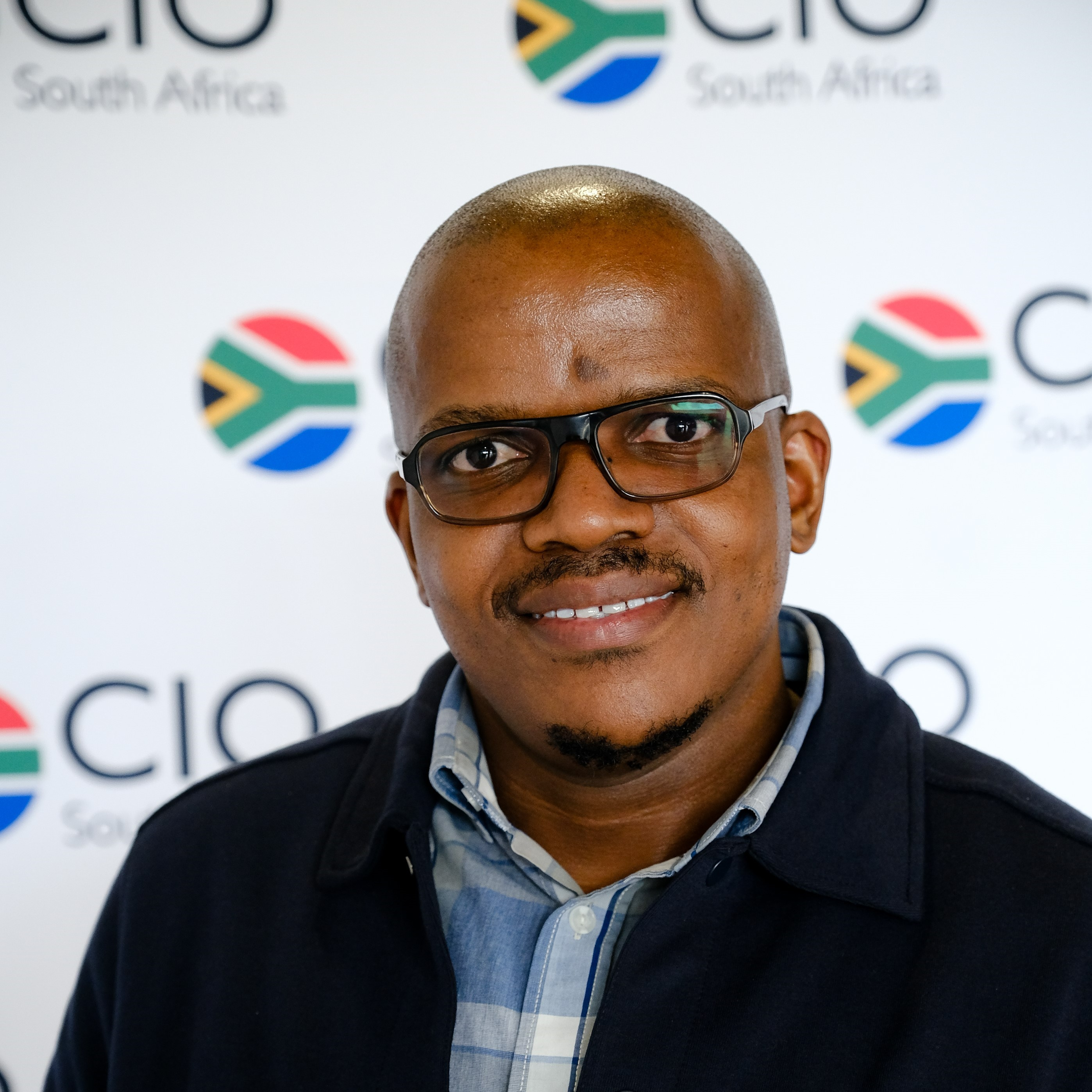Tech leaders offer insights into the evolving technological landscape, and the technologies they anticipate will dominate 2024.
Nkululeko Nxumalo, CTO at Infinity Brands believes that AI-powered, integrated SaaS workplaces will grow in popularity in 2024, and this is because over the past decades big tech companies have shifted from being masters of specific niche products and services to becoming more SaaS-focused platforms that offer small to large businesses a collection of business and productivity apps.
“This shift has seen companies like Google, Microsoft and Zoho go from selling mail and storage as separate products to now selling bundled products: focusing on collaboration and making such bundles more affordable to the customer,” Nkululeko adds.
According to Nkululeko, this shift now empowers the CEO/CIO/CTO to make better decisions when it comes to technology used in the business for collaboration and customer engagement.
Nkululeko also threw in a surprise prediction, digital ethics. “With the rise of AI and smart technology coupled with the ever-increasing awareness of individuals regarding the value of their personal information,” he explains, “we see the need for digital ethics growing – a need to have a ‘King Code’, but specific to technology.
“We’re already seeing the challenges brought by generative AI in organisations (business and education) where proposals and assignments are submitted with heavy resemblance of AI-generated work and those are the kinds of areas where digital ethics would assist.”
From a strategic outlook, Muhammad Ali Bhikhan, CIO at Absa (ARO) says advanced AI and large language models (LLMs) and the need for more risk management will become increasingly important.
“Generative AI disrupted the industry in 2023, and the effects in 2024 may be even more profound, with significant improvements to the technology on the horizon,” Muhammad notes. “For financial services in particular, the benefits of AI will create competitive advantage, leveraging data for digitally connected and immersive banking in the future – powered by hyper personalisation, in part aided by other forms of AI.”
From a cybersecurity perspective, Muhammad says that as generative AI becomes more accessible to users worldwide, it has on the other hand, supercharged phishing campaigns (which is a concern for most banks), and significantly altered the IT security landscape. “In turn, businesses will need to employ ‘next-gen’ security awareness programmes in 2024,” he suspects. “New training will include guidance on recognising and proactively addressing AI-powered social engineering tactics.”
Muhammad also underscores the ongoing challenge of securing technology talent and addressing the shortage of critical skills, with sustainability emerging as a top priority in the technology sector. He emphasises the increasing importance of ESG considerations in shaping how technology contributes to environmental goals.
“Sustainability will also become a top priority: ESG considerations are becoming increasingly imperative for the technology sector, given the significant influence technology wields in shaping how organisations contribute to carbon footprint reduction or achieve carbon neutrality.”
Old Mutual CIO Sudhish Mohan’s prediction paid particular attention to financial services. “Protecting your current investments, more security focus and spend, and the use of AI in security for protection will become more prevalent,” he notes.
According to Sudhish, platform engineering and software development will go mainstream. “This is because businesses will need to scale faster and build unique experiences,” he says. “More AI-enabled tools are coming to market that make it easier to build software faster and better. There will be more experimentation with GenAI and new more focused Large Language Models (LLMs) for marketing and contact centre services,” he concludes.
Dolf Smook, head of technology solutions at Empact Group, envisions three key trends for 2024. First, he predicts the widespread adoption of generative AI, citing Gartner’s projection of more than 80 percent of enterprises using generative AI APIs. Second, he foresees the integration of AI and virtual reality for enhanced remote collaboration, enabling real-time translation, facial expression analysis, and context-aware insights. Third, Dolf anticipates a paradigm shift towards sustainable tech ecosystems and circular economies, highlighting longevity, reusability, repairability, and recyclability.
According to Dolf, the real and the digital are becoming increasingly intertwined. “People use apps like TikTok and Instagram to create virtual spaces where they share moments of their ‘real’ lives, curated and filtered to create digital personalities that become their digital lives,” he adds.
“In the quest for more immersive and productive remote collaboration, I foresee the convergence of AI and virtual reality (VR) technologies. AI algorithms will enhance virtual meetings by providing real-time language translation, facial expression analysis, and context-aware insights.”
Dolf went on to say that the blend of AI and VR will create an environment that feels remarkably close to in-person interaction, overcoming geographical barriers and fostering a new era of global teamwork and international business transactions.
He believes that the tech world will further embrace ideas such as green cloud computing, where infrastructure and services prioritise the reduction of energy consumption and carbon emissions, including sustainable apps that help us live in a more eco-friendly manner. He shares Muhammad’s sentiments, and says that his prediction is fuelled by the growing awareness of environmental concerns, pushing business to prioritise sustainable practices.
“The biggest trend of all, though, will be the integration of the various trends into each other, and how they will work hand in hand to change life as we know it,” Dolf concludes.




